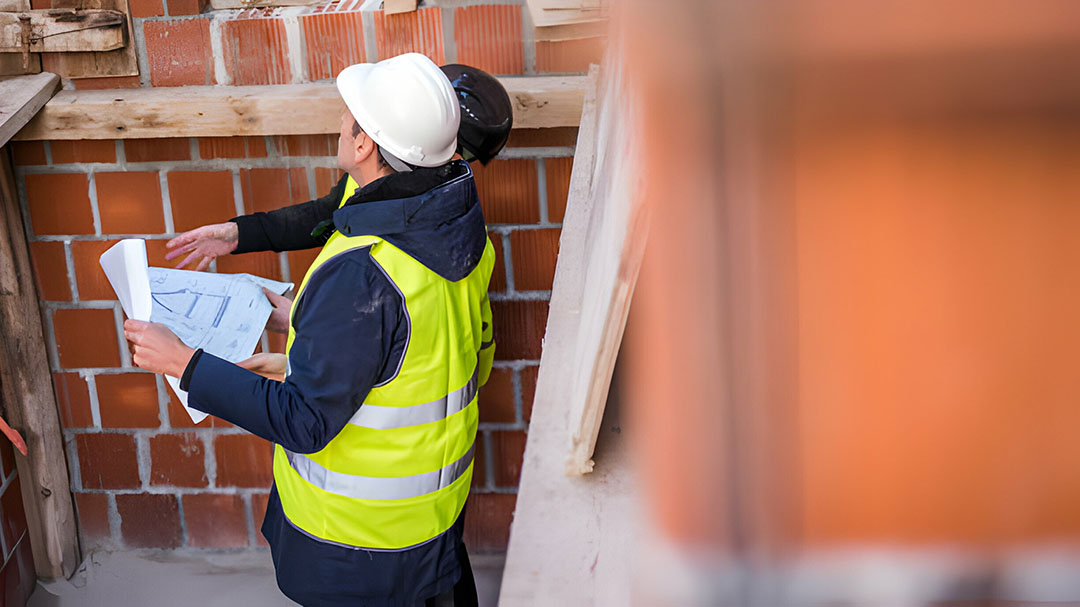Bricklaying projects are common in Melbourne as the city continues to grow and develop. However, undertaking such projects requires careful consideration of local regulations and permits to ensure compliance with city codes. This article aims to inform readers about the regulations and permits as are necessary for bricklaying projects in Melbourne, providing a comprehensive guide for those looking to undertake such projects.
Before diving into the specific regulations and permits, it is important to understand the overall framework governing construction projects in Melbourne. The building regulations in Melbourne are primarily governed by the Building Act 1993 and Building Regulations 2018. These regulations set the standards for construction, ensuring the safety, health, and amenity of buildings for occupants and the wider community.
When it comes to bricklaying projects, some several regulations and permits need to be considered. The first step is determining whether the project falls under domestic or commercial construction. This classification will help determine the specific regulations and permits that apply.
A building permit is generally required for domestic bricklaying projects, which typically involve residential properties. A building permit is obtained from the local council or a private building surveyor. This permit ensures the construction work complies with the relevant building regulations and standards. It is important to note that engaging an experienced and qualified bricklayer is essential to ensure compliance with these regulations.
In addition to the building permit, specific planning permits may be required for certain domestic bricklaying projects. This is particularly relevant for projects that involve alterations or additions to existing structures. The local council will assess the proposed project against planning schemes and guidelines to determine whether a planning permit is required. It is advisable to consult with the local council or a planning professional to ascertain the need for a planning permit.
The regulations and permits can be more complex for commercial bricklaying projects involving non-residential properties such as offices, retail spaces, or industrial buildings. In addition to the building permit, additional permits may be required, depending on the nature of the project. These may include licenses for demolition, excavation, or temporary structures. Engaging a professional construction manager or consultant is recommended to navigate these requirements effectively.
Complying with the relevant codes and standards is crucial when undertaking any bricklaying project. Melbourne follows the National Construction Code (NCC), which sets out the minimum requirements for construction in Australia. The NCC covers structural integrity, fire safety, energy efficiency, and accessibility. Compliance with the NCC ensures that the building meets the necessary safety standards.
In addition to the NCC, specific codes and standards related to bricklaying need to be considered. The Australian Standard AS 4773.1-2010 provides guidelines for constructing masonry in small buildings. This standard covers mortar mixtures, brickwork dimensions, and construction methods. Adhering to this standard is essential to ensure the structural integrity and durability of the brickwork.
It is also essential to consider other regulatory requirements that may apply to bricklaying projects in Melbourne. These include occupational health and safety regulations, environmental protection, and waste management. Compliance with these regulations is necessary to create a safe and sustainable construction site.
Engaging professionals familiar with the local requirements is recommended to navigate the regulations and permits for bricklaying projects in Melbourne. This includes experienced bricklayers, building surveyors, and planning professionals. These experts can guide you through the process, ensuring compliance with the regulations and obtaining the necessary permits.
In conclusion, undertaking a bricklaying project in Melbourne requires carefully considering local regulations and permits. Whether it is a domestic or commercial project, obtaining the appropriate licenses, complying with the relevant codes and standards, and engaging experienced professionals are essential to ensure a successful and compliant construction project. By following these guidelines, builders can confidently navigate Melbourne’s building regulations for bricklaying projects.

